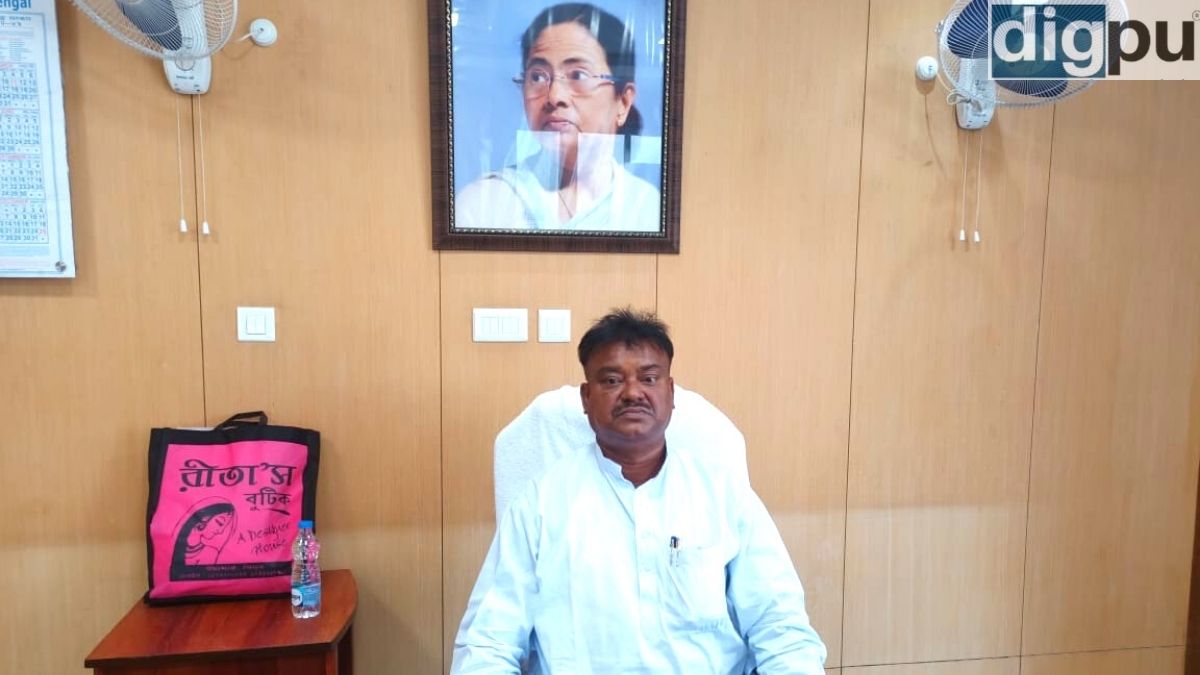The jute mills are currently staring at imminent labour shortages so, the state government is taking steps to increase the labour force by including local youths
Kolkata: Jute is a traditional industry of Bengal, majorly thriving in South 24 and North 24 Parganas, Hoogly, and Howrah. These industries are manned by migrant labourers from states like UP, Bihar, Odisha, and others. Of late, there has been a steep drop in the number of employees in these mills. “The next generations of these workers are not keen to join the mills. This has led to a shortage of labourers in the industries,” said Becharam Manna, MoS (Independent Charge) of Labour.
The government is currently trying to build an alternative source of labourers for these jute industries. This alternative source will include the youths of Bengal.
Jute mills: Skill development programme
The state government had started the skill development programme in 2018. But it has currently become the most important one to keep the jute mills running. Under this programme, youths of Bengal will undergo training for three months. This three-month curriculum is sub-divided into one month of theoretical training and two months of practical training.
“The mills are staring at 30% shortage of labours. In figures, the mills have a shortage of around 70,000 to one lakh employees,” Manna said. He added that if the crisis is left unresolved, the mills might be forced to shut down.
The candidates would receive a monthly stipend during the training period. In the first 45 days, they will get Rs 200. In the next 45 days, candidates will get Rs 245. “Apart from these, they will receive some food allowances,” the minister told Digpu News.
According to the Indian Jute Mills Association, the minimum basic salary of the regular jute mill workers is Rs 542 with a dearness allowance (neutrilisation @1.90 per point) of Rs 13,550 approximately. The candidate has to be a Class 8 pass and should be less than 40 years. “The only requirement is that the candidate should be strong built to be able to bear the physical labour,” he added.
Drawbacks of the programme
The scheme is also facing some serious drawbacks like lack of accommodation facilities and others.
The hired candidates are made to sign a labour agreement with the jute mills. “It is not exactly a state duty. Had it been a direct state government job, people will be more interested,” the minister added. But after the hiring, these candidates will get all the mill employee benefits like provident funds, gratuity, and paid holidays.
Another issue is accommodation. Most of the jute mills are located in the suburbs. As this is a pan-state programme, providing shelter to the employees has become a problem.
“Accommodation has become a major problem. The government is trying to resolve it in a bid to increase the pace of the programme,” Becharam Manna said.
The training is currently running across 13 centres. Presently, jute mills cannot meet the demands for alternative products, so plastic industries are still stealing the profit. This skill development programme will help in revamping the industries by replacing old machines with new ones.
Employee Adhaar Linkage
The state ministry of Labour has already spoken with the central authority concerned for a possible extension on the time limit. “I have already spoken with the central ministry and have extended the date till 31st December,” the minister added. The earlier date was till 31st August.
Under this, the employee’s Aadhar Card and PF account will be linked. “The scheme includes employees or labourers from all sectors like tea, jute, garments, and others,” Manna added.
Problems in accessing the scheme
The scheme has, however, encountered a few problems. In some cases, the employees have their names or other details wrongly printed on the card. It has led to a mismatch of UF (Universal Account Number) related to PF with Aadhaar.
Secondly, the problem of unequal data penetration persists. Most of these laborers do not have smartphones. They are not familiar with the current digitization of the services. To change or amend their Aadhar Card, they have to mandatorily approach the UID (Unique Identification Authority of India).
Another major problem is the lack of infrastructure. After hearing the issue, the labour department has decided to host camps to help the labourers. Around 60 jute mills employees will have their Aadhar-linked with PF.


